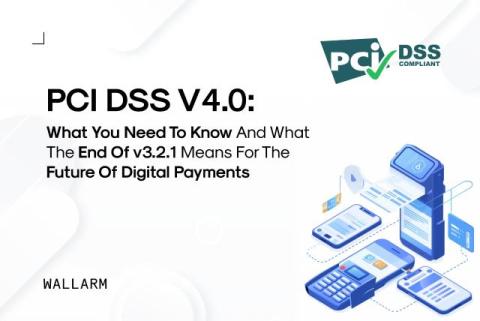Zero-Day Marketplace Explained: How Zerodium, BugTraq, and Fear contributed to the Rise of the Zero-Day Vulnerability Black Market
Whenever a company is notified about or discovers a critical flaw in their system/application that has the potential to be exploited by malicious elements, it’s termed a vulnerability. However, every time a flaw being actively exploited is discovered, code red is punched as the organization’s IT team officially has a Zero-Day vulnerability/exploit on their hands! A zero-day vulnerability is a software vulnerability discovered by attackers before the vendor has become aware of it.











